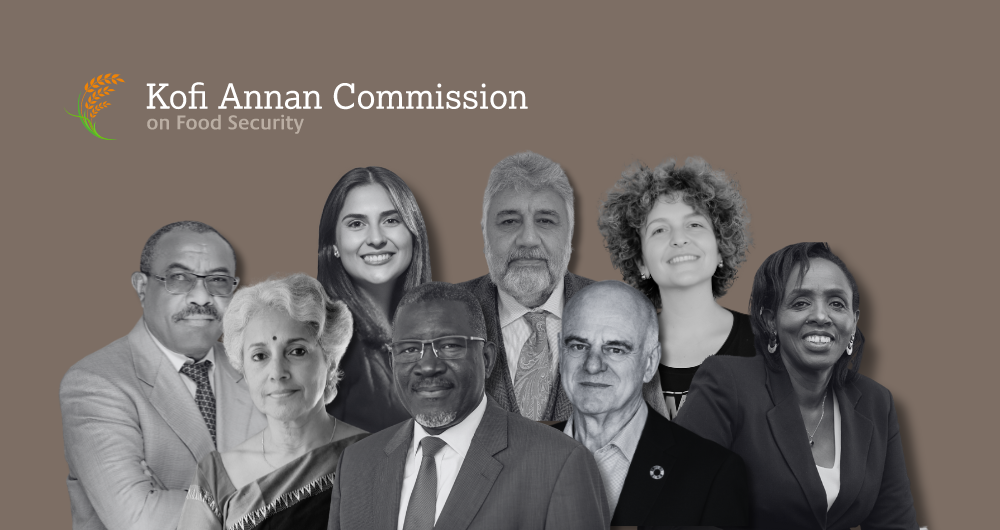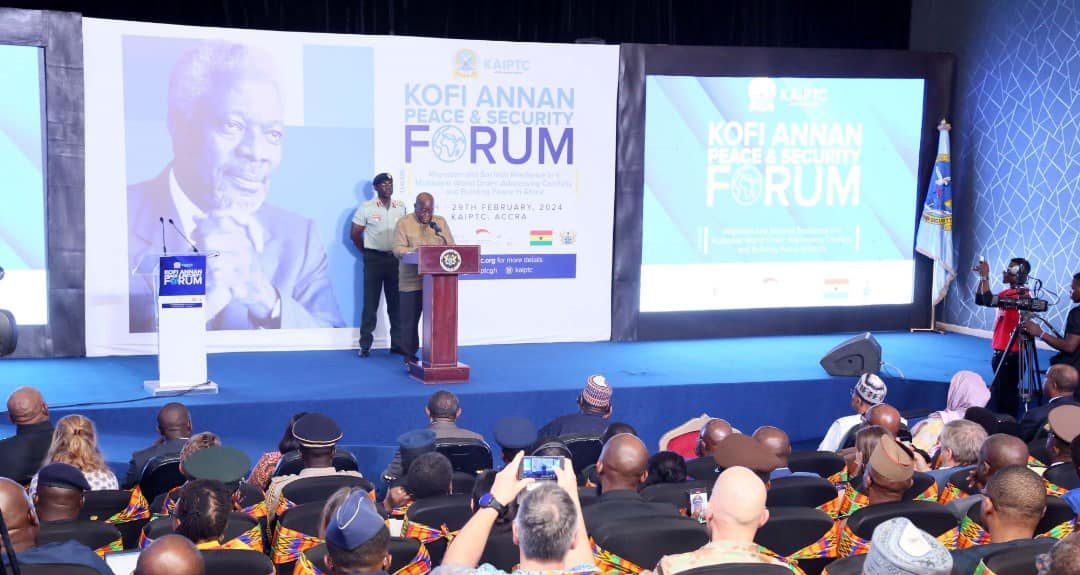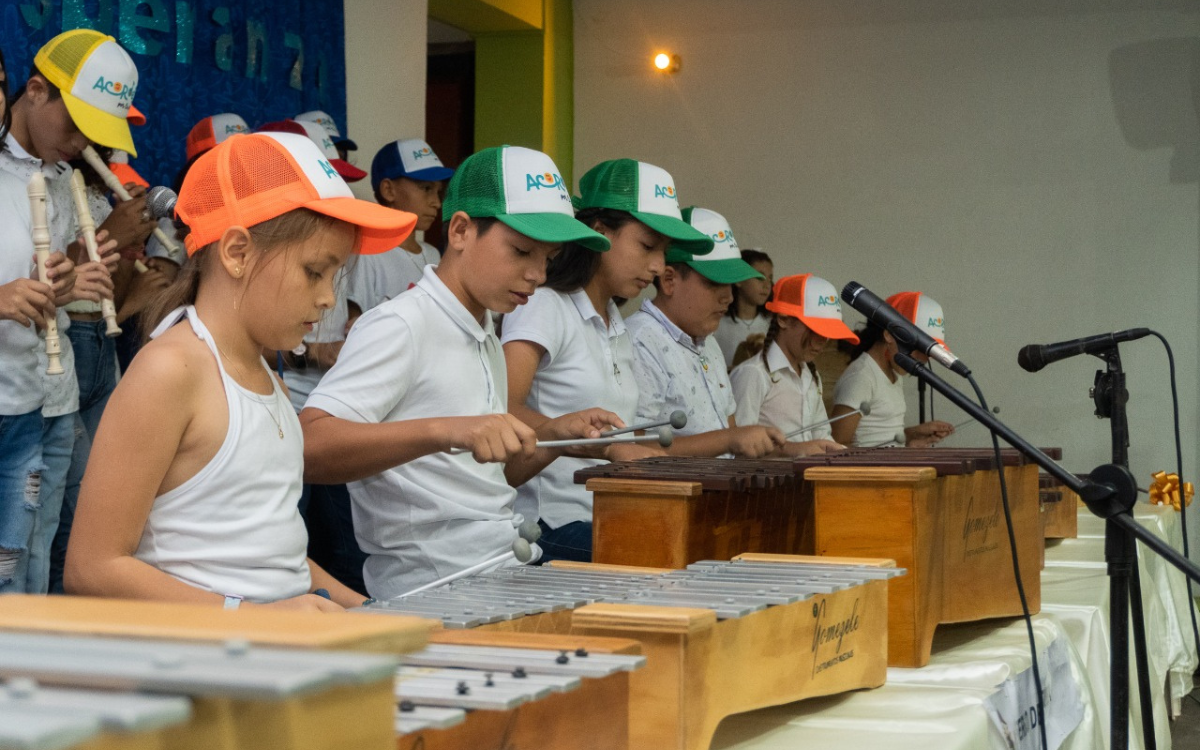Press conference by Joint Special Envoy for Syria
Geneva, 2 August 2012Five months ago, I was asked to take on the role of Joint Special Envoy for Syria, in order to seek a peaceful solution to the crisis, an end to the killings of civilians, the human rights abuses, and a path towards a political transition.I accepted this task, which some called “Mission Impossible” – for I believed it was a sacred duty to do whatever was in my power to help the Syrian people find a peaceful solution to this bloody conflict.
The severity of the humanitarian costs of the conflict, and the exceptional threats posed by this crisis to international peace and security, justified the attempts to secure a peaceful transition to a political settlement, however daunting the challenge.
The increasing militarization on the ground and the clear lack of unity in the Security Council, have fundamentally changed the circumstances for the effective exercise of my role.
Yet the bloodshed continues, most of all because of the Syrian government’s intransigence, and continuing refusal to implement the six-point plan, and also because of the escalating military campaign of the opposition – all of which is compounded by the disunity of the international community.
At a time when we need – when the Syrian people desperately need action – there continues to be finger-pointing and name-calling in the Security Council.
The Geneva Communiqué, endorsed by the Action Group for Syria on 30 June, provided an international agreement on a framework for a political transition. This should have been automatically endorsed by the Security Council and something the international community should have built on.
Without serious, purposeful and united international pressure, including from the powers of the region, it is impossible for me, or anyone, to compel the Syrian government in the first place, and also the opposition, to take the steps necessary to begin a political process.
You have to understand: as an Envoy, I can’t want peace more than the protagonists, more than the Security Council or the international community for that matter.
I have therefore informed the Secretary-General of the UN and Secretary-General of the Arab League today that I do not intend to continue my mission when my mandate expires at the end of August.
My central concern, from the start – and I think I mentioned it to you – has been the welfare of the Syrian people. Syria can still be saved from the worst calamity – if the international community can show the courage and leadership necessary to compromise on their partial interests for the sake of the Syrian people – for the men, women and children who have already suffered far too much.
I would like to extend my appreciation and gratitude to both the Secretary-General of the United Nations Ban Ki-moon and Secretary-General ElAraby of the Arab League for their unflinching support and the grace and cordiality that they extended to me, having given me the opportunity to serve the cause of peace once again.
I will now take your questions.
Q: M. Annan, j’ai deux questions. La première question est relative au fait que la communauté internationale vous a chargé d’une mission au vu de votre background. Mais pensez-vous aujourd’hui que vous avez reçu tout l’appui, surtout politique, nécessaire que vous deviez avoir, surtout de la part des pays occidentaux ? Est-ce qu’on ne vous a pas mis devant, et en même temps en vous mettant des bâtons dans les roues ? Deuxième question : la France au jour où je parle va prendre la présidence du Conseil de sécurité. Est-ce que vous pensez déjà que, comme la France a déjà clairement dit qu’il faudrait attaquer la Syrie, en tout cas le Président Assad, c’est une des raisons pour lesquelles, sachant que peut-être que la guerre est inévitable, que vous voulez rendre le tablier ?
JSE: Effectivement, je n’ai pas reçu tout le soutien que la cause méritait. Mais ce genre de choses arrive assez souvent dans les conflits que nous sommes obligés de traiter. Evidemment, il y a des divisions entre la communauté internationale – ça aussi ça ne facilite pas la tache du médiateur — donc tout ça a compliqué mes devoirs. Evidemment, la France vient de prendre la présidence du Conseil de sécurité. Dernièrement ce sentiment n’avait pas été répété. J’ai l’impression que tout le monde est un peu plus calme maintenant.
Q: Does this mean, Mr. Annan, that we are now leaving the Syrian people just to try and fend for themselves? Thank you.
JSE: It need not mean that. It means there has to be some shifts and changes in attitude. I think the international community could do more, could be much more helpful if they were to come together and work in concert and put sustained pressure on the parties. It is not just, when I talk of the international community, of course the Council and the permanent members are the pinnacle, but there are also countries with influence who also have a role to play. That was the purpose of the Action Group meeting here in Geneva on 30th of June — to bring the permanent members together, with countries of influence, urging them to work together, to work collectively, bilaterally and in groups, to encourage the parties and steer them in the right direction. To work with us in ending the violence and getting a political settlement. We need a well-organized, balanced and fair political settlement to resolve this issue. There is no military solution.
Q: Mr. Annan, is this a resignation? And when you leave at the end of August, what about the six-point plan? What about the Action Group Communiqué? Are they all leaving with you?
JSE: No, they don’t leave with me. First of all, the six-point plan, even though many people dub it the “Annan plan” it is the Security Council’s plan. It was endorsed by a Security Council resolution and we should be reminded of that and I think the Council members should also remember that. It is a Security Council resolution, so it stays on the table with the Council and the international community. The Action Group also continues. It should continue because I think it can play a useful role. Any future arrangement can depend on the Council and the Action Group. And you said: “Is this a resignation?” Yes, I am not going to continue.
Q: Mr. Annan, you said this has been compared to mission impossible, people have compared it to Bosnia. I believe Ban Ki-moon has said somebody will replace you. I just wondered if you think that would be crazy for somebody to do and who might do that job better than you can, since you have repeatedly said there is no plan B.
JSE: Let me say that the world is full of crazy people like me, so don’t be surprised if someone else decides to take it on, and I am sure Secretary-General Ban Ki-moon will find somebody who could perhaps even do a better job than I have done. Of course, these crises are never static. It’s a dynamic situation and at one point, one may say, there is no plan B, but as the situation evolves, there may be other plans, other approaches that may work quite effectively. I think that we often have to be careful not to create the impression that there is only one way of solving a problem. I am sure there will be other ideas on the table. But at this stage, my sense is that we need to focus on political transition and settlement, a political settlement that takes into consideration the interests of all groups in Syria, takes into consideration the need to have in place working institutions, including security forces top leadership that can help maintain state activities rather than create a situation that leads to a chaotic collapse.
Q: All along this process, did you ever think that it was possible to reach an agreement, to sit at the same table the government and the opposition forces and do you think it is still possible?
JSE: I think what is important and what is possible is that the Syrian people should be given a chance to chart their future. What we did here in Geneva on 30th of June, was
to come up with principles and guidelines, a roadmap if you wish, that can help them achieve that. And in achieving that, the people who should be involved in the exercise are the government, the opposition and Syrian civil society. At the end of the day, there will have to be elections, where the Syrian people will have the chance to express themselves, to have a say on how they are governed, who they are governed by and under what scheme.
Q: Mr. Annan, what do you hope to achieve between now and the end of August? What, if anything, do you think you can achieve and also how do you read the current situation in Aleppo? Is this the start of the end game? Thank you.
JSE: I think what one achieves in a couple of weeks depends very much on developments and the attitude of the parties. If the parties are determined and are decided that they have more to gain in the battlefield, there is less likelihood that you will get their attention on diplomatic issues. But these things shift, and it can get to a situation where one may be able to begin to explain to them that there is an alternative, there is an alternative of political settlement — it need not be winner takes all. You can have an alternative way, you have an arrangement where interests of all are taken into consideration, you are able to keep the mystery, the mosaic and the incredible society that is Syria without tearing it apart. And we may be surprised that the response will be something else. They may listen, but you need to have the right atmosphere, the right environment and I am not sure we are there today.
Q: Mr. Annan, has this decision to step down, or for resignation, been in the making for a long period of time? When has been the tipping point? Why now?
JSE: No, first of all I have really worked hard, given it my best and really I believed we needed to do whatever we can to help the Syrian people. But I have also made it clear that one of the key ingredients, one of the key, essential, attributes for a mediator to succeed in this sort of situation is the unity of the international community. When I took the job, on the first day I said we must have unity, we must have one mediation effort and I will want all of us to work together. Of course at the beginning, it seemed as if we were doing it, when Security Council statements and two resolutions were approved unanimously. In Geneva on 30th of June, I thought we were making progress when all the five permanent members agreed on the need for transition. A transition meant there was going to be a change in government, the transition meant President Assad would have to leave sooner of later. And once you have that broad understanding, you should be able to build on it. But things felt apart in New York, and that unity is still illusive. It can be re-established and they can work with the governments in the region, with the parties and the new Special Envoy to press forward.
Q: In this post, now you resign, but this post will still continue. Do you know if you quit and you didn’t manage to succeed, if the other person will have more chances?
JSE: It is not excluded that the other person will have more chances or could be more successful or would have a more conducive environment to deal with, or a more united international community – and here I am talking of both countries in the region and at the international level, that is the Security Council. And so it’s not excluded that somebody else will do much better.
Q: I would like to know exactly what are you going to do in the next one month before the end of August. You are going to plan something concrete or you practically suspend your job today?
JSE: I will continue my efforts until the last day. I am in touch with the parties and with governments around the world, I am working here with my staff and we will continue to the last day. Unfortunately with this sort of mediation, discussions and contacts with people, it’s not a science; one cannot give you a precise indication as of what is going to happen today, tomorrow or the next day. But we will continue our efforts trying to bring people together.
I just want to thank you, ladies and gentlemen of the press, for all your cooperation and support. I have travelled a lot and probably you sometimes wished you had seen me more and that we had more exchanges. But as I tell my staff and my friends in the media, I prefer to meet with you when I have something to say. And besides, in this sort of work I am doing, there are lots of people who talk and they are keen to talk, and somebody has to listen. So I spend quite a bit of time listening too. But thank you very much and I am sure I will see you again before the end of the month.



